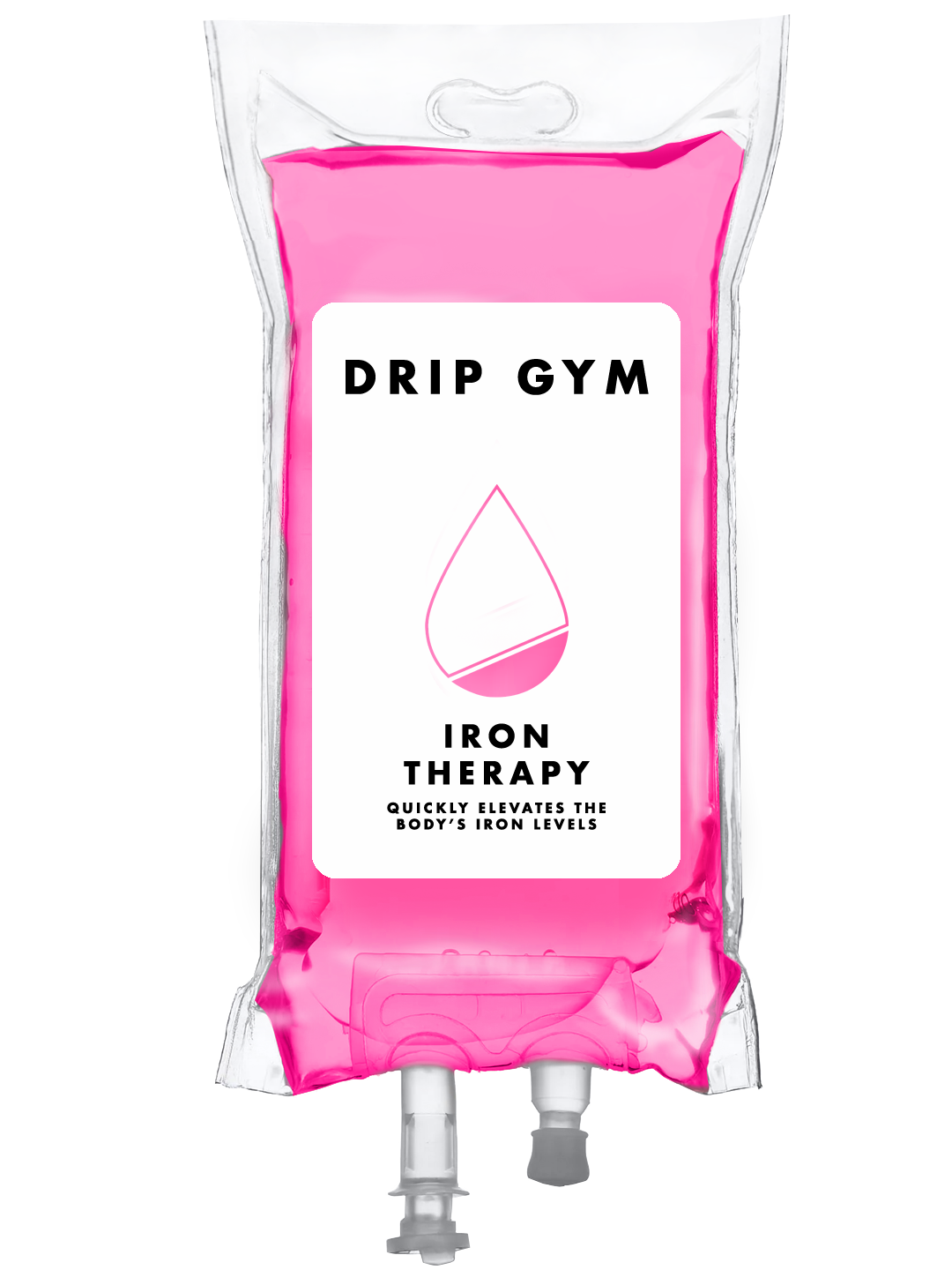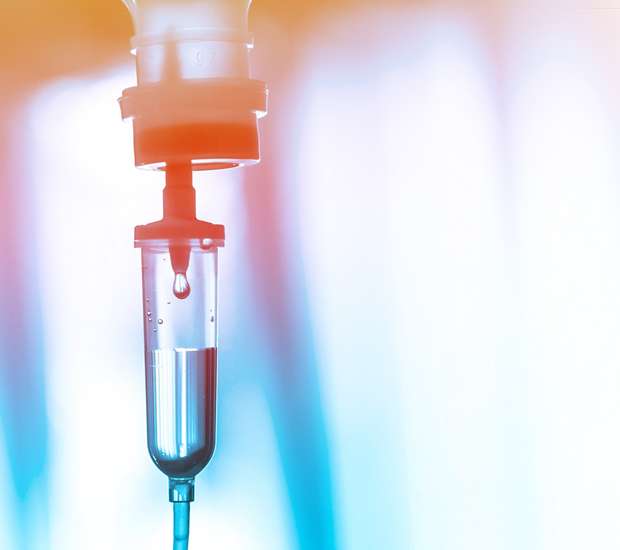Does Too Much Vitamin D Cause Gas and Bloating?

Vitamin D is essential for keeping bones strong and healthy, enhancing immune function, and boosting mood. However, according to research, over 35% of people in the US have vitamin deficiency.
As a result, you may have decided to start taking vitamin D, especially during winter. But what happens if you suddenly get some digestive discomfort? Does vitamin D cause gas?
Here, we are taking a closer look at the benefits of vitamin D and examining its potential side effects. We’ll determine the cause of why you may be getting bloated when taking your vitamin D supplements and practical solutions to help you manage the symptoms.
Key Takeaways
- Vitamin D is important for bone health, calcium absorption, and immune support.
- Taking more vitamin D than the recommended amount, especially through supplements, can lead to side effects, including digestive discomfort like gas and bloating.
- IV therapy can be a great option to boost your vitamin D levels, especially for people with absorption problems.
- Drip Gym provides vitamin D shots to help maintain optimal vitamin D levels.
The Role of Vitamin D
Vitamin D is important to keep the body healthy. Its primary functions include:
The good news is that you can obtain vitamin D in several ways. Here are some ways to help boost your vitamin D levels.
If you are considering getting vitamin D3 supplements, it’s important to know which one to get since some are better than others. Vitamin D3, which is derived from animal sources and UV-exposed lichen in vegan supplements, is a better option than D2.
Additionally, if you are thinking about supplementing, consider taking a vitamin D3 and K2 supplement since they can lower the risk of calcium calcification, which is often seen in mega doses of vitamin D.
And, if you are concerned about which form to choose, we can provide you with some guidance. We can help you determine what is the best option for you, and if IV therapy is the best solution for your needs.
Recommended Daily Intake and Benefits
To understand vitamin D side effects, we need to take a look at the daily recommended intake of this vitamin. The recommended daily intake varies based on age and any existing health conditions.
- Adults (19-70 years): 600-800 IU per day
- Older adults (71+): 800 IU or more
It’s important to consult with a healthcare professional to determine the right dose for your goals and needs. This can help avoid vitamin D overdose and reduce the risk of potential side effects.
Does Vitamin D Cause Gas and Bloating?
There are some risks of taking too much vitamin D, including gas and bloating. Vitamin D overdose (hypervitaminosis D) happens when you take an excessive amount of the vitamin.
This can lead to higher levels of calcium in the blood (hypercalcemia), which can disrupt your digestive system.
Additionally, in high doses, vitamin D can also affect calcium absorption in the intestines. This sudden increase in calcium levels can affect normal digestive problems, leading to gas, stomach cramps, bloating, and nausea.
Beyond digestive issues, vitamin D overdose may also cause fatigue, dehydration, or even kidney stones. That is why it’s important to speak with a healthcare professional before adding a new supplement to your routine.
Is Vitamin D The Main Reason for Your Gas and Bloating?
If you are unsure if vitamin D is causing discomfort, here are some steps you can take.
Managing Digestive Symptoms While Taking Vitamin D
If your gas and bloating still continues, here are some things you can consider doing.
Final Words
Vitamin D is an important nutrient that helps promote strong bones, enhance your immune system, and boost your mood. However, like anything, balance is important.
High doses of vitamin D can lead to unwanted side effects, such as gas and bloating, especially when you are taking bad-quality supplements or at the wrong doses. So, to make sure you reduce the risk of digestive discomfort, stick to the doses, pay attention to any side effects, and always consult with a healthcare professional before starting a new supplement routine.
And, if supplements are too much for you, remember that IV therapy can be a more efficient way of boosting your vitamin D levels.
Want to give your body the vitamin D it needs with expert care? Contact us at Drip Gym at +1 516-445-7191 to book your personalized IV experience today!
DISCLAIMER
If you have any medical questions or concerns, please talk to your healthcare provider. The articles on our website are based on information drawn from medical research, societies, and governmental agencies. However, they are not a substitute for professional medical advice, diagnosis, or treatment.
References
- Abbasnezhad, A., et al. “Effect of Vitamin D on Gastrointestinal Symptoms and Health-Related Quality of Life in Irritable Bowel Syndrome Patients: A Randomized Double-Blind Clinical Trial.” Neurogastroenterology & Motility, vol. 28, no. 10, 7 May 2016, pp. 1533–1544, https://doi.org/10.1111/nmo.12851.
- Bouillon, Roger, et al. “The Health Effects of Vitamin D Supplementation: Evidence from Human Studies.” Nature Reviews Endocrinology, vol. 18, 23 Nov. 2021, pp. 1–15, www.nature.com/articles/s41574-021-00593-z, https://doi.org/10.1038/s41574-021-00593-z.
- Evangelia Pasidi, and Patroklos Vareltzis. “Vitamin D3 Bioaccessibility from Supplements and Foods—Gastric PH Effect Using a Static in Vitro Gastrointestinal Model.” Molecules, vol. 29, no. 5, 5 Mar. 2024, pp. 1153–1153, https://doi.org/10.3390/molecules29051153. Accessed 31 July 2024.
- Holick, Michael F. “Evidence-Based D-Bate on Health Benefits of Vitamin D Revisited.” Dermato-Endocrinology, vol. 4, no. 2, Apr. 2012, pp. 183–190, https://doi.org/10.4161/derm.20015.
- Passeri, Giovanni, and Sandro Giannini. “Benefits of Vitamin D in Health and Diseases.” Nutrients, vol. 15, no. 11, 1 Jan. 2023, p. 2419, www.mdpi.com/2072-6643/15/11/2419, https://doi.org/10.3390/nu15112419.




